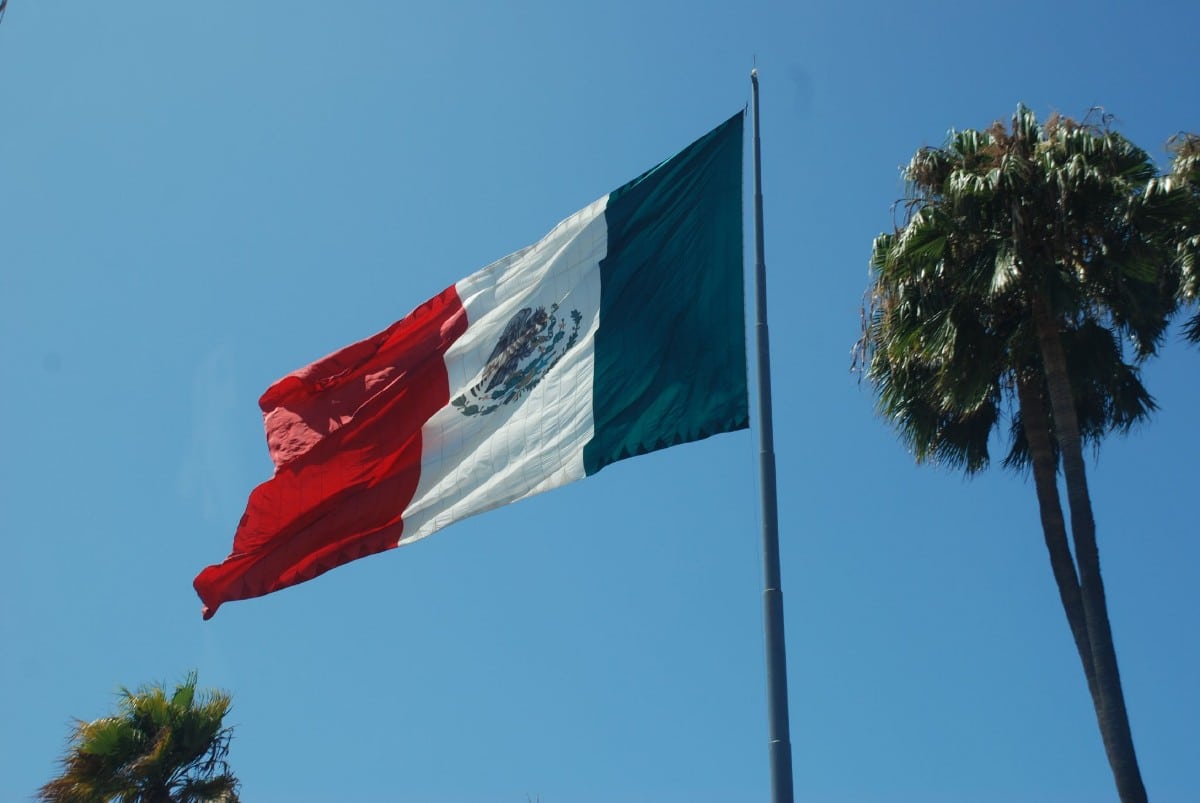 Photo courtesy of Lisa Flippo on Flickr
Photo courtesy of Lisa Flippo on Flickr
How The Mexican Presidential Elections Affect US Trade and Energy Security
The Mexican presidential elections took place Sunday, July 1st, and their great potential to alter both the US’ economic and energy relationships with Mexico has caused great concern amid talks of renegotiating NAFTA. Dominating the polls is presidential frontrunner Andrés Manuel López Obrador, commonly known as ‘AMLO.’ In the last round of polling before the elections, Obrador had about 48.2% of the votes, while the next closest candidate, Ricardo Anaya, had about 27.5%. With this domination comes concern for US economic interest— Obrador has stated he favors a renegotiated NAFTA with policies that curtail trade with the US, especially in regard to the energy sector.
NAFTA has done much to link the US and Mexican economies, especially within energy trade since the 2014 Mexican energy market liberalization. Mexico is the US’ third largest supplier of crude oil, and was the largest recipient of both US pipeline gas and gas through Liquified Natural Gas tankers in 2017. Additionally, electricity trade has been growing since Mexico’s energy reform in 2014, and in January 2017 the US and Mexico signed an agreement to create a more interconnected American and Mexican electricity grid. With its continuation, NAFTA has the potential to link the US and Mexican economies even closer, especially in the energy market. The continuation of NAFTA holds great importance in the US foreign policy agenda. However, in the case of Obrador’s likely election this Sunday, changes to the structure of NAFTA may occur.
Obrador has maintained that if elected, he will hold popular referendums regarding the 2014 energy reform. This reform did much for US-Mexico economic and energy trade relations. It liberalized Mexico’s energy sector from a governmental monopoly, and grew trade between Mexico and the US. Obrador has also said that he will push for trilateral NAFTA discussions and negotiations, unlike the bilateral approach President Trump has broached. It seems that Obrador will act on his words in future NAFTA discussions, as an economic advisor said that for the likely president-elect, “No NAFTA agreement is better than a bad one.”
Additionally, Obrador has announced his plans to end oil exports (almost all of which go to the US) by 2022, and to instead spend $6 billion on building refineries that would process crude oil exclusively for Mexican consumption. Obrador also said that if elected, Mexico would stop purchasing foreign fuel within three years of his presidency. If implemented, these changes would greatly lower American gasoline exports to Mexico.
Despite the existence of NAFTA, Mexico has the ability to enact the aforementioned changes because it did not sign Article 605 of the agreement. Article 605 limits government interference in oil exports to any of the participating NAFTA countries. At the time of signing, the Mexican energy sector operated under a near 80-year government-owned monopoly. This situation did not change until the energy reform of 2014, and now Mexico has been pushing to become a signatory to Article 605 in light of these changes. However, this has yet to occur, and with a new administration soon coming into office, NAFTA discussions are up in the air.
Keeping this in mind, it is important for the US to maintain a strong relationship with Mexico. It seems that this is possible since Obrador and President Trump have more in common than one might think—both are keen on renegotiating NAFTA. It is key that Mexico remains in NAFTA for a wide range of reasons, but especially for economic and energy trade security. Additionally, negotiations should be made to persuade Mexico to sign Article 605, which would help ensure the stability of the Mexican energy sector, as it would further protect US economic and energy interests.
To learn more about NAFTA and its implications for economic security and energy trade within North America, read this ASP fact sheet.







